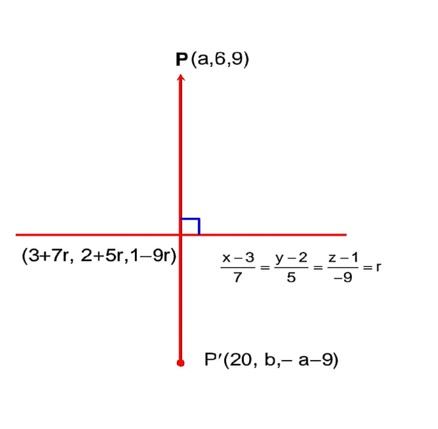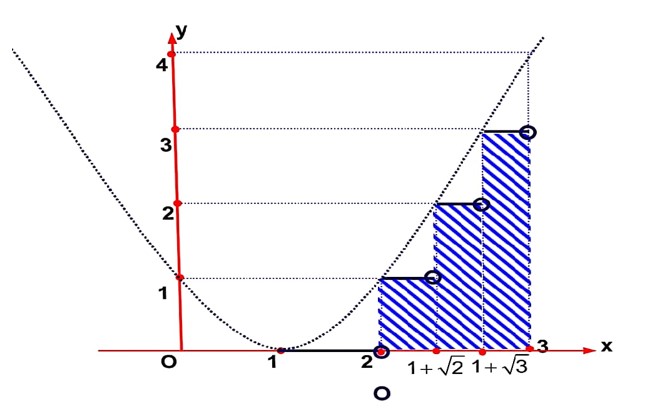Maths
Get insights from 6.5k questions on Maths, answered by students, alumni, and experts. You may also ask and answer any question you like about Maths
Follow Ask QuestionQuestions
Discussions
Active Users
Followers
New answer posted
3 months agoContributor-Level 10
a + 20 = 6 + 14r . (i)
b = -2 + 10r . (ii)
a = 18r – 2 . (iii)
Solving (i) and (iii) we get
20 + 18r – 2 = 6 + 14r
r = -3

New answer posted
3 months agoContributor-Level 10
x – 2y = 1, x – y + kz = -2, ky + 4z = 6
x – 2y + 0. z – 1 = 0
x – y + kz + 2 = 0
0x + ky + 4z – 6 = 0
0x + ky + 4z – 6 = 0
For no solution
k = 2
New answer posted
3 months agoContributor-Level 10
.(A)
Put .(i)
Using properties
.(ii)
Adding (i) and (ii) we get
f(2) – f(0) = e2 – 1
From (A) l = 2e2 – e2 + 1 = e2 + 1
New answer posted
3 months agoContributor-Level 10
kx + y + 2z = 1 . (i)
3x – y – 2z = 2 . (ii)
-2x – 2y – 4z = 3 . (iii)
(ii) * 5 - (i)
K = 21
New answer posted
3 months agoContributor-Level 10
Let f(x) = x6 + ax5 + bx4 + ax3 + dx2 + ex + f
Non zero finite
So, d = e = f = 0
f(x) = x6 + ax5 + bx4 + cx3
Non zero finite
f'(x) =
f'(1) = 0
6 + 5a + 4b + 3 = 0
5a + 4b = - 9 .(i)
f'(-1) = 0
-6 + 5a – 4b + 3 = 0 .(ii)
Solving (i) and (ii)
a -3/5, b = -3/2
Taking an Exam? Selecting a College?
Get authentic answers from experts, students and alumni that you won't find anywhere else
Sign Up on ShikshaOn Shiksha, get access to
- 65k Colleges
- 1.2k Exams
- 679k Reviews
- 1800k Answers

